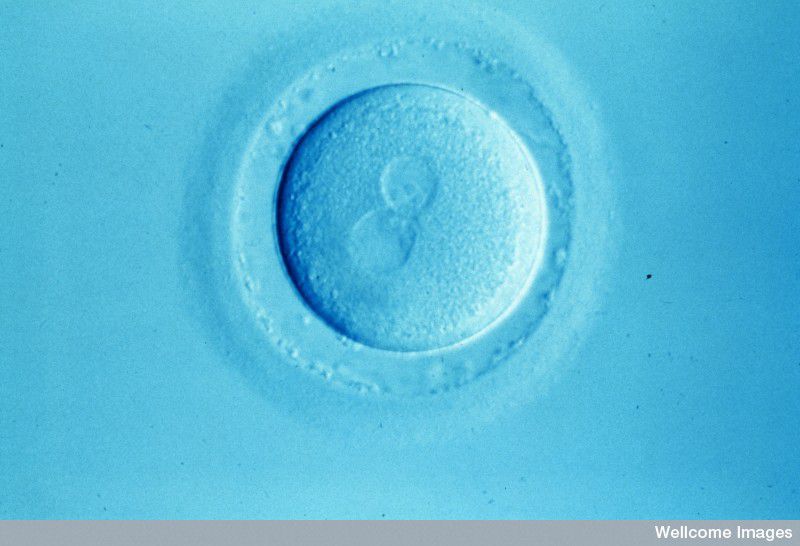-
 Libration
Libration
-
 Oven
Oven
-
 NRO
NRO
-
 Bird call imitation
Bird call imitation
-
 Atomic nucleus
Atomic nucleus
-
 Pink moon
Pink moon
-
 Karstic network
Karstic network
-
 Exothermicity
Exothermicity
-
 Weatherboarding
Weatherboarding
-
 Thermal insulator
Thermal insulator
-
 Mascarene petrel
Mascarene petrel
-
 Archaeopteryx
Archaeopteryx
-
 Hem
Hem
-
 Chloritoschist
Chloritoschist
-
 Cambium
Cambium
-
 Ataxia
Ataxia
-
 Granulocytopenia
Granulocytopenia
-
 Medical team
Medical team
-
 Iliac crest
Iliac crest
-
 Tumour marker
Tumour marker
-
 Uracil
Uracil
-
 ICANN
ICANN
-
 Torsion
Torsion
-
 Firmware
Firmware
-
 Meningioma
Meningioma
-
 Supercluster
Supercluster
-
 Subsidence
Subsidence
-
 Radiation pressure
Radiation pressure
-
 Drosophila
Drosophila
-
 SMS
SMS
Differential interference contrast microscope
The differential interference contrast microscope (developed by Nomarski and others) is based on a different principle to the phase contrast microscope but produces the same type of image and is used in the same domain.
Differential interference contrast microscope technique
An initial optical system splits the light beam before it passes through the object and a second causes interference of the two beams, producing very pronounced artificial contrast where the light rays are out of phase. A mostly black and white image is seen in which the different structures are bordered on one side by white and on the other by black, giving a (false) impression of relief. Colour images can also be obtained.
Use of the differential interference contrast microscope
This microscope (like the phase contrast microscope) enables living cells to be studied without having to stain them. The phase contrast microscope produces a halo around the structures examined, which does not happen with the differential interference contrast microscope.
 A fertilised egg seen under a differential interference contrast microscope. © Alan Handyside, Wellcome Images, CC by-nc-nd 2.0
A fertilised egg seen under a differential interference contrast microscope. © Alan Handyside, Wellcome Images, CC by-nc-nd 2.0
Latest
Fill out my online form.



